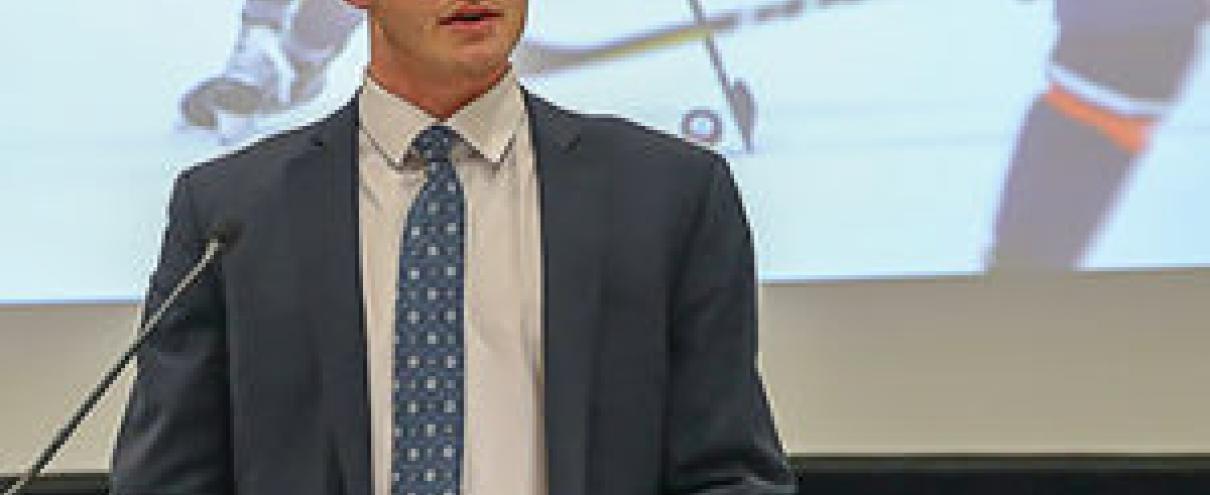Content Advisory: Please note the following content can be directly or indirectly related to content about mental health, depression, suicide, and or self-harm.
My name is Jack Macnee, and I am the Business Development Manager here at The TAD Project. I became involved with TAD roughly a year and a half ago in response to losing a close friend to suicide. When this devastating news broke, I found myself in utter disbelief. I was shocked, confused, and above all, angry that I didn’t recognize the signs well enough to see it coming. A scholar and collegiate athlete, from the outside looking in, my friend looked as normal and as healthy as anyone. However, what myself and others failed to see were the subtle cries for help.
When tragedies like these occur, we often find ourselves desperately seeking for reason and motivation. As time passed, and I reflected on his passing, I had two major realizations. The first being that I was far too uneducated in the mental health sphere. I simply didn’t understand the many different factors that pushed my friend into the dark space that cost him his life. So, I began to research. As I did this, I discovered that the mental health community is a passionate one; a tight-knit circle of professionals and educators who are all on a mission, working together to de-stigmatize mental illnesses, raise awareness, and find new ways to connect individuals to key resources. Simultaneously, I learned that while the mental health space is growing, it is still relatively young, and there are several areas that can be better developed to assist those struggling with mental illness.
Secondly, as I continued to search for answers, I realized how strongly we often hold ourselves responsible for the suicide of the ones we love and care for. When I lost my friend, the support I received from friends and family was incredibly helpful, and I attribute much of my ability to recover from those dark days to the people around me. Within their support, I noticed a constant theme – I shouldn’t feel any sort of responsibility or carry the burden of his death. This was certainly true in some respects, as my friend’s struggles were far deeper, complex, and challenging than myself, or any of my friends could have fixed alone. However, I think that the sense of responsibility, or asking yourself “what could I have done?” is natural, and a feeling that stays with you. For instance, I found myself wondering where I could have been a better friend, and how that extra text or phone call could have made a difference. I also wondered what resources could have been made more readily available to help me understand the signs of my friend’s depression.
Together, these realizations were my motivation to take action, and to help lead TAD find new and improved ways to think about mental health care. I want to make a difference, and support those who may find themselves in a situation similar to mine. At TAD, our vision is to be an all-encompassing information and education platform, paired with the tools and resources that make it easier for individuals to access care. Our immediate goal is to create an emergency crisis tool for the friends and loved ones of those struggling with depression. Helping someone through a crisis situation can be unsettling and is foreign to most of us. TAD is making this critical crisis information easily accessible so everyone has the chance to get help.
This is the start of a platform that will allow people to trust and feel comfortable sorting through what it means to get help for depression. The future is bright at TAD, and as we grow to extend our support, we will provide individuals with critical and timely information that can save lives.
Talk. Share. Help.




 TadHealth
TadHealth







